Jordan Campbell is an Outreach Officer at the University of West London, a Saturday Club tutor, and a professional storyteller. His work revolves around spoken language and literacy skills with younger people and older communities. He is also a student of Medical Humanities, focusing on oral storytelling and health. We spoke to Jordan about his approach to local partnership, community outreach and how to build a curriculum for a Society&Change Saturday Club.
How did you approach the programme planning and curriculum development of your Society&Change Saturday Club?
We were really focusing on collaboration and working with our academics in new ways. We really wanted to branch out and look at the wider community too, so we built a structure and flow around that. We eventually gave ourselves three modules: food justice, food and art, and food as medicine. It made it much easier to communicate through outreach once we had decided on a curriculum. That way we could involve schools and give details to young people, parents, teachers, and the community organisations that were getting involved as well.

How do you reach out to young people in your local community to encourage them to join the programme?
We approached schools directly. Schools are organised very differently so it’s important to take that into account: different teachers, different people, different interests. Some are more receptive to approaches than others. We also talked to career advisors who represent schools in Ealing, they’ve even brought us into schools for outreach. Partnerships with charities, too, and making use of council resources. We keep records of which schools the Club members come from, so we can gauge what is and isn’t working, and get a picture of where we’re having impact.

Which organisations did you work with?
I had previously worked with The Felix Project who deliver surplus food to charities and schools so I really wanted to bring them into it. I had also done some work with Southall Community Alliance, so we contacted them too. From there Krishna (our Outreach Manager) and I, brainstormed who else we could involve, but also the bigger picture: food and nature, plants, and growing food. We worked with Roisin Reilly, who’s a medical herbalist. She studied Herbal Medicine BSc at Lincoln University. She was able to explore the medical aspects with us, but also the global implications, folktales, and old wives’ tales about some edible plants. We also worked with Jan Blake, who’s a Storyteller and also an amazing chef. She taught us all how to make stew peas, a classic Jamaican dish, told us a relevant folktales, and spoke about Jamaica’s culture and history of food. There never was a dull moment. We also worked with MindFood. They’re an Ealing-based mental health charity who do work surrounding gardening, mindfulness, and creativity. People from all walks of life grow food together with them week on week, building a small community, so we had to work with them too.

Overall I just wanted the Club members to learn things, experience things, and for their horizons to expand. I think the best way to do that was just to engage and interact with people they wouldn’t usually have the chance to meet outside of school. Roisin as a medical herbalist for example, and Jan as a storyteller. We also thought about the idea of careers. Young people have an increasingly narrowed perspective and idea about what’s possible as a job after school. And I think that’s going to be to our detriment. It’s important they know people study all kinds of things for all kinds of roles and it opens up all kinds of doors. I don’t want them to miss out on any potentials. When we work with partners, we want them to be able to offer a unique perspective, and it’s important they also have experience working with young people.

Food accessibility and vulnerability, and health and well–being were just some of your food-related modules. How did Club members engage with them?
A lot of the young people coming to the Club are very politically engaged and socially conscious too. They brought different aspects of their lived-experience, and they enjoyed working with Southall Community Alliance because it’s an initiative related to their home. We engaged with topics from an industry-perspective too, with The Felix Project, looking at the nature of food waste and what solutions can look like even though these topics can feel overwhelming. Club members were able to understand how we can make an impact, even if it’s the community within a mile radius of you. That’s hundreds of people. We engaged with topics from loads of different angles, for example cooking and enjoying food, the impact of food on our bodies, and how plants can be used for creams and balms. We wanted Club members to feel a sense of ownership over what they were learning and ensure they feel empowered, and able to make a change. I think one of the most important things is that they’re able to listen to the stories of other people.

What new skills do Saturday Club members leave your Club with?
On the one hand there’s new knowledge about the Club topics and how charities work, but then there are skills that aren’t really given much time or attention in school. For example creative freedom, alternative routes to careers and non-traditional careers, and specific interpersonal skills that come from interacting with a diverse group of people of all ages all over Ealing. It’s unlikely that young people from all seven towns in Ealing will meet, but our Saturday Club brings them together. I think curiosity and questioning are skills, too. Everyone we worked with encouraged the young people to question things. That’s actually a part of the feedback we received from Club members, that they really felt like they had a voice.
The Society&Change Saturday Club at the University of West London focuses on food to explore relationships between community, well-being and nature in West London. The programme is delivered in three parts: ‘Food Justice’, ‘Food as Art’, and ‘Food as Medicine’. Find out more about the Club.
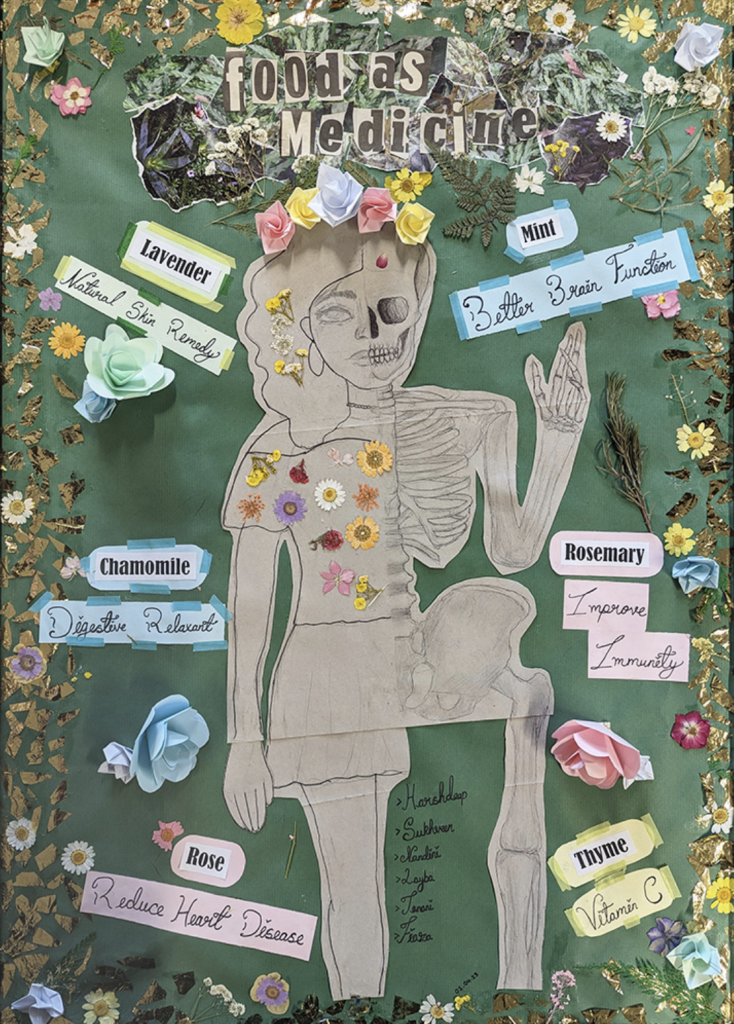
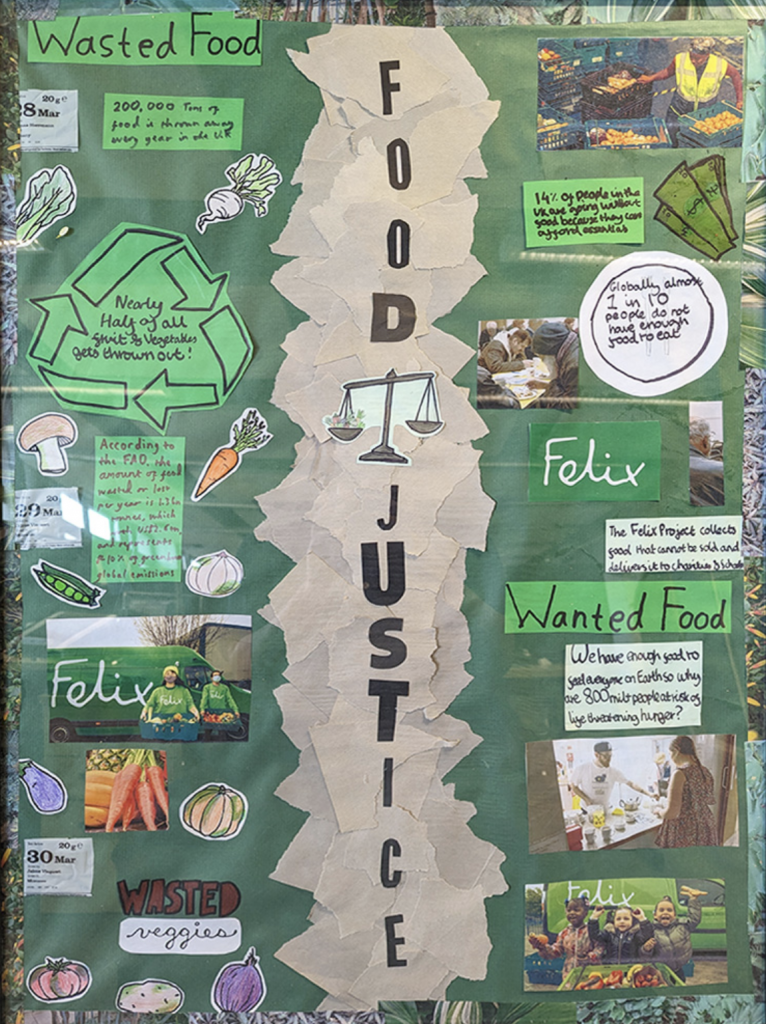
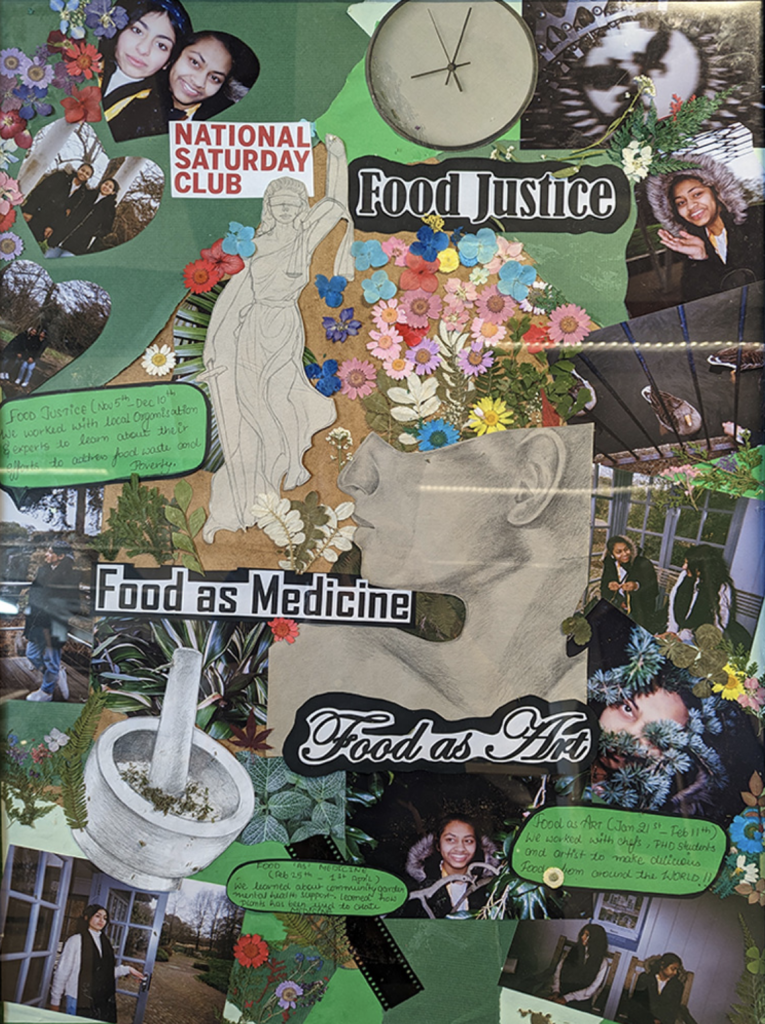
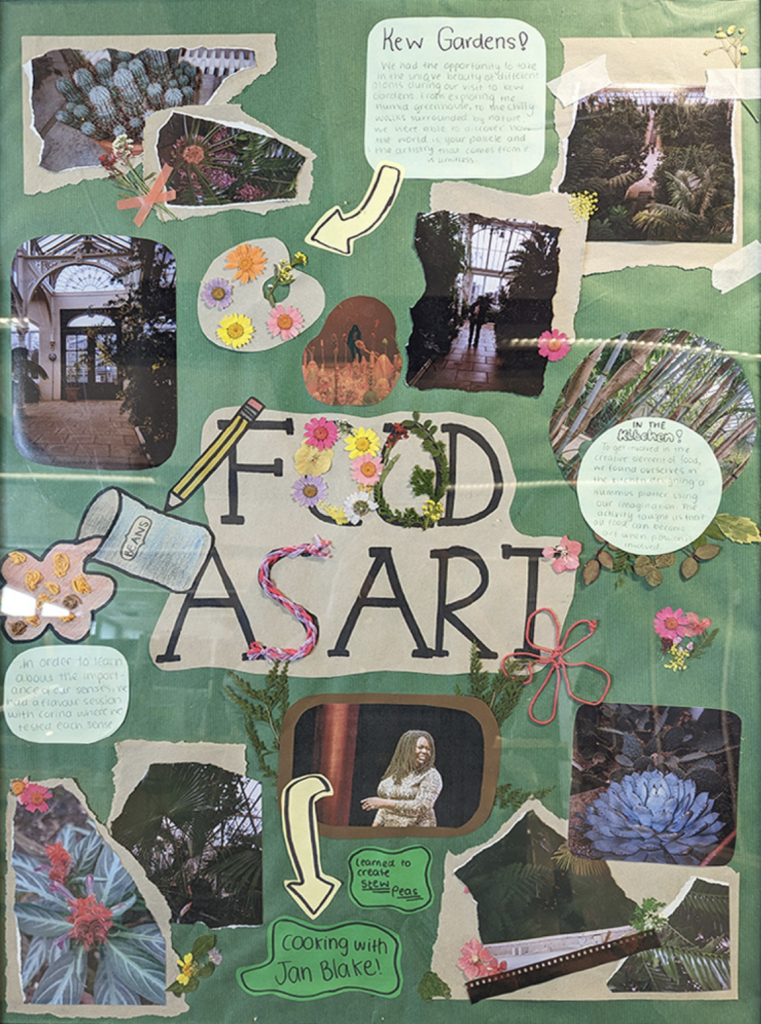
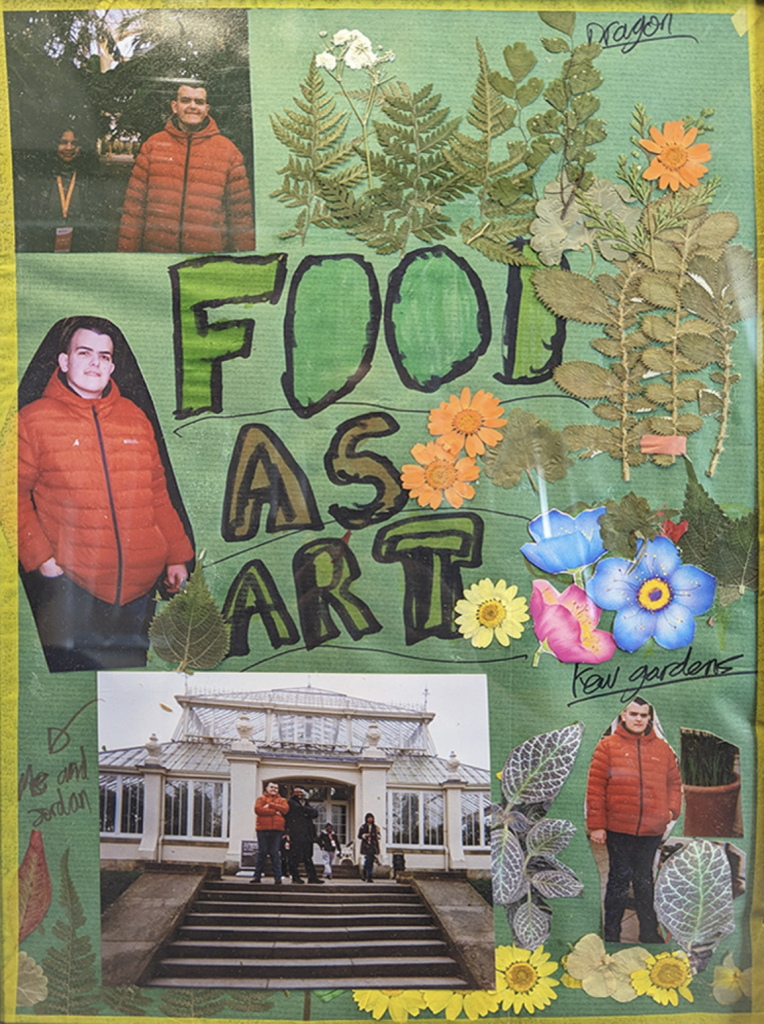
Interview conducted and edited by Anisha Jackson